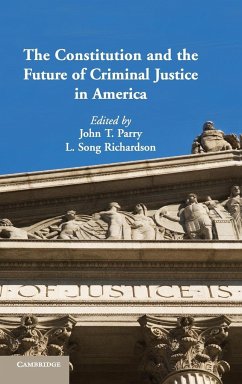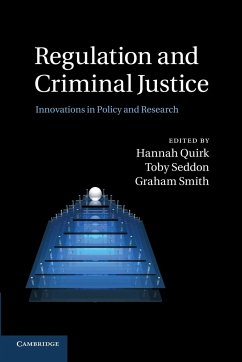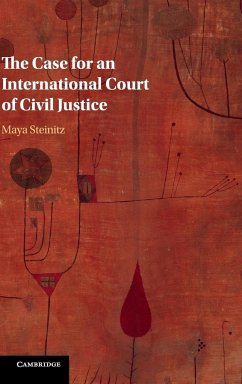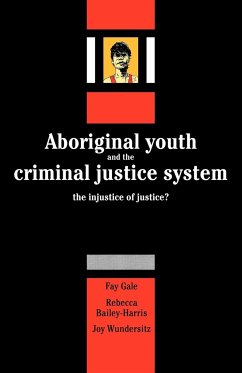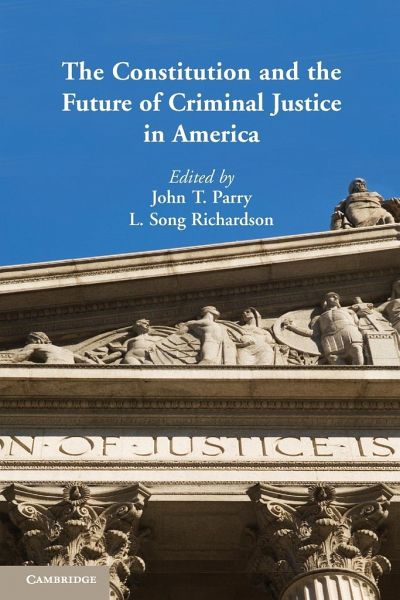
The Constitution and the Future of Criminal Justice in America
Versandkostenfrei!
Versandfertig in 1-2 Wochen
36,99 €
inkl. MwSt.

PAYBACK Punkte
18 °P sammeln!
The Constitution and the Future of Criminal Justice in America brings together leading scholars from law, psychology and criminology to address timely and important topics in US criminal justice. The book tackles cutting-edge issues related to terrorism, immigration and transnational crime, and to the increasingly important connections between criminal law and the fields of social science and neuroscience. It also provides critical new perspectives on intractable problems such as the right to counsel, race and policing, and the proper balance between security and privacy. By putting legal theo...
The Constitution and the Future of Criminal Justice in America brings together leading scholars from law, psychology and criminology to address timely and important topics in US criminal justice. The book tackles cutting-edge issues related to terrorism, immigration and transnational crime, and to the increasingly important connections between criminal law and the fields of social science and neuroscience. It also provides critical new perspectives on intractable problems such as the right to counsel, race and policing, and the proper balance between security and privacy. By putting legal theory and doctrine into a concrete and accessible context, the book will advance public policy and scholarly debates alike. This collection of essays is appropriate for anyone interested in understanding the current state of criminal justice and its future challenges.





